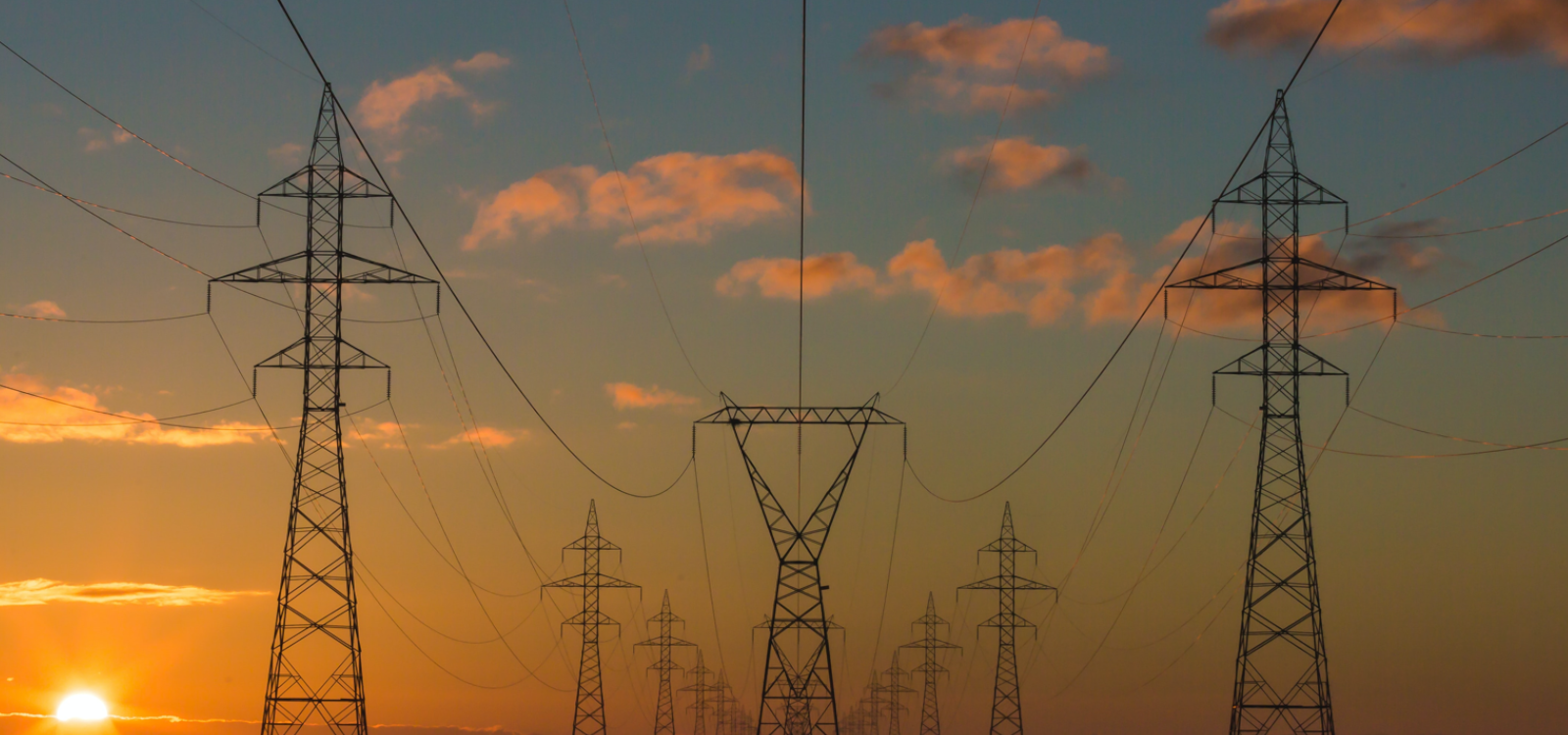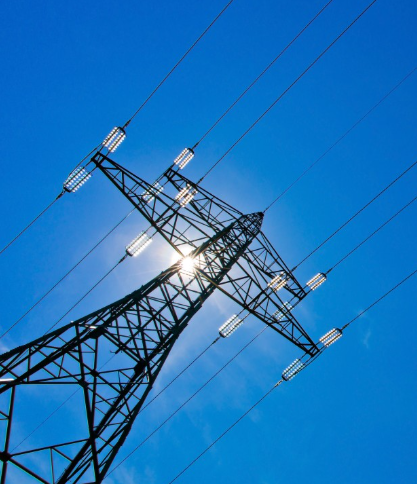As the energy sector rapidly transitions to support decarbonization and digitalization, companies face unique challenges across traditional energy sources, renewables, and energy networks. Each sector has distinct demands—from managing aging infrastructure in traditional energy sources to addressing the intermittency of renewable power networks and
Hydrocarbon extraction and refining
The hydrocarbon sector faces several key challenges as it adapts to evolving market demands, regulatory pressures, and sustainability goals. Strategic procurement plays a critical role in meeting these demands by supporting operational flexibility, managing infrastructure needs, and sourcing innovative solutions.
As global energy consumption patterns evolve, Hydrocarbon-focused energy companies need flexible business models and cost structures to support both conventional energy production and future requirements. This requires procurement to actively understand new demands, emerging technologies, and evolving organizational needs. By partnering closely with engineering teams, procurement can source innovative equipment and solutions that may be novel or unfamiliar but are essential to future operations, making procurement a critical driver of the company’s adaptability and growth.
Decommissioning pipelines, refineries, and engaging in well abandonment activities pose financial and logistical challenges, especially with regulatory, environmental, and operational requirements. Companies must weigh the costs and benefits of repurposing versus decommissioning. This requires a procurement organization with expertise in regulatory compliance, environmental standards, and specialized supplier networks to secure the right resources and manage complex requirements effectively.
Shifting to renewable sources requires significant investment and innovative infrastructure modifications to balance current operations with future demands. For procurement, this means sourcing new materials and technologies, establishing relationships with emerging suppliers, and building a resilient supply chain that can support both existing infrastructure and new, adaptable systems. Procurement’s role is pivotal in navigating these new requirements, securing cost-effective solutions, and ensuring the organization is equipped to meet evolving energy needs.
Renewables: ensuring scale and managing variability
The shift towards renewable sources like wind energy and solar is essential to achieving global decarbonization goals. However, this sector faces a complex balancing act, including managing the intermittency of energy supply, integrating storage and grid technologies, supplementing this with reliable backup sources, and adapting to evolving policy frameworks to ensure both economic viability and grid stability.
To ensure consistent energy availability, renewable systems often need to be complemented by reliable backup sources, such as natural gas or hydropower. Procurement can help source these backup capabilities by assessing and establishing relationships with diverse energy suppliers, ensuring the organization has access to supplementary power options during low renewable output. Early procurement involvement in this area supports cost-effective backup solutions, mitigates supply disruptions, and builds a more resilient energy mix.
To ensure consistent energy availability, renewable systems often need to be complemented by reliable backup sources, such as natural gas or hydropower. Procurement can help source these backup capabilities by assessing and establishing relationships with diverse energy suppliers, ensuring the organization has access to supplementary power options during low renewable output. Early procurement involvement in this area supports cost-effective backup solutions, mitigates supply disruptions, and builds a more resilient energy mix.
The renewable energy sector is shaped by regulatory changes, subsidy adjustments, and permitting requirements, all of which impact timelines and project costs. Procurement plays a critical role here, evaluating suppliers not only on quality and price but also on their compliance with specific regulatory standards, such as EU renewable energy directives or subsidy eligibility requirements. Early procurement involvement helps organizations build adaptable supply chains and secure suppliers with expertise in navigating regulatory landscapes, thus supporting compliance, maximizing incentives, and ensuring project stability.
Transmission and distribution grids
As the energy transition accelerates, energy networks, particularly those managed by Transmission System Operators (TSOs), are under increased pressure to upgrade infrastructure. With the expansion of renewable energy sources and rising demand for electric vehicles (EVs), grid operators face the challenge of not only expanding physical infrastructure but also enabling a digital transformation to manage these evolving requirements.
Integrating renewable energy and decentralized sources requires advanced balancing mechanisms to ensure grid stability. For procurement, this means sourcing smart grid technologies and infrastructure solutions that can handle variable energy flows from a range of large-scale, decentralized sources. By strategically engaging suppliers with proven capabilities in major grid projects, procurement ensures that investments in grid upgrades are scalable and adaptable to future demands.
With an increasing flow of decentralized renewable sources feeding into the grid, maintaining stability is an ongoing challenge. Procurement’s role involves securing advanced control systems that enable real-time management of energy flows. By partnering with reliable technology providers, procurement helps ensure the grid remains stable, adaptable, and capable of efficient load balancing.
Rapid advancements in grid automation and energy storage present substantial potential but often come with supply chain risks, as many technologies are not yet fully industrialized. Procurement teams need to rigorously assess suppliers for scalability, reliability, and compliance with operational and regulatory standards. Early procurement involvement is essential to secure dependable, cost-effective solutions and mitigate risks associated with implementation.
Strategic procurement: a catalyst for the energy transition
The energy industry’s challenges are both profound and interconnected, requiring an approach to procurement that is proactive, strategic, and aligned with long-term business objectives. Whether maintaining and optimizing legacy infrastructure, preparing for future energy requirements, or driving a green transition, procurement plays a pivotal role in making value-based technology decisions, fostering strong supplier relationships, and ensuring cost-efficient, risk-managed solutions.
Early procurement involvement is essential to create a cohesive connection between suppliers, business units, and procurement teams, allowing for collaboration that maximizes both innovation and operational resilience. Without this alignment, organizations risk missed opportunities,
Inverto partners with energy companies to bridge these gaps through tailored procurement strategies that address each client’s unique focus—whether it’s enhancing existing assets, navigating regulatory challenges, or integrating new technologies. Our expertise helps clients build resilient supply chains, drive cost-efficiency, and future-proof their operations against a rapidly changing energy landscape.

Inverto empowers clients to achieve their strategic objectives, ensuring they are agile, competitive, and ready for the future.




